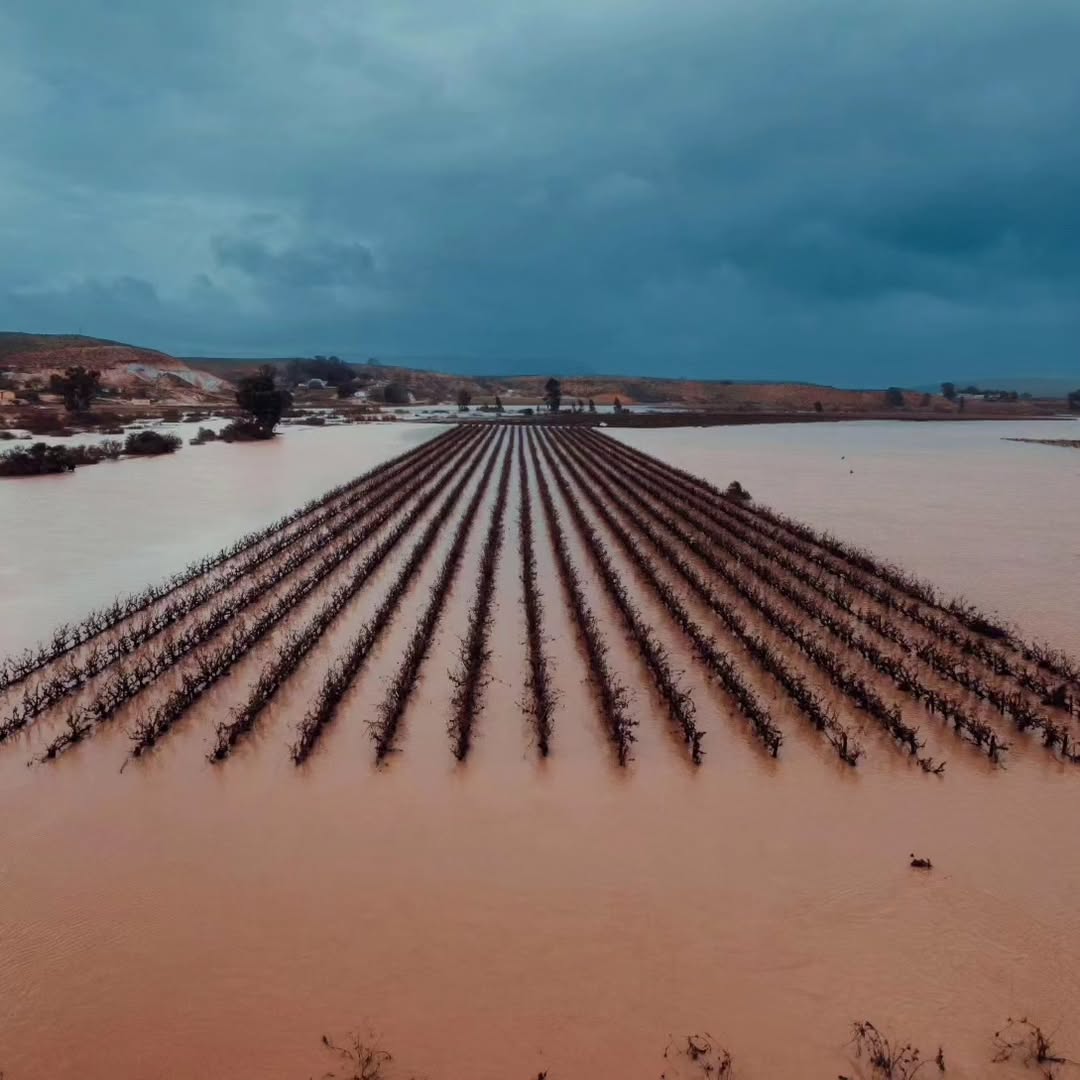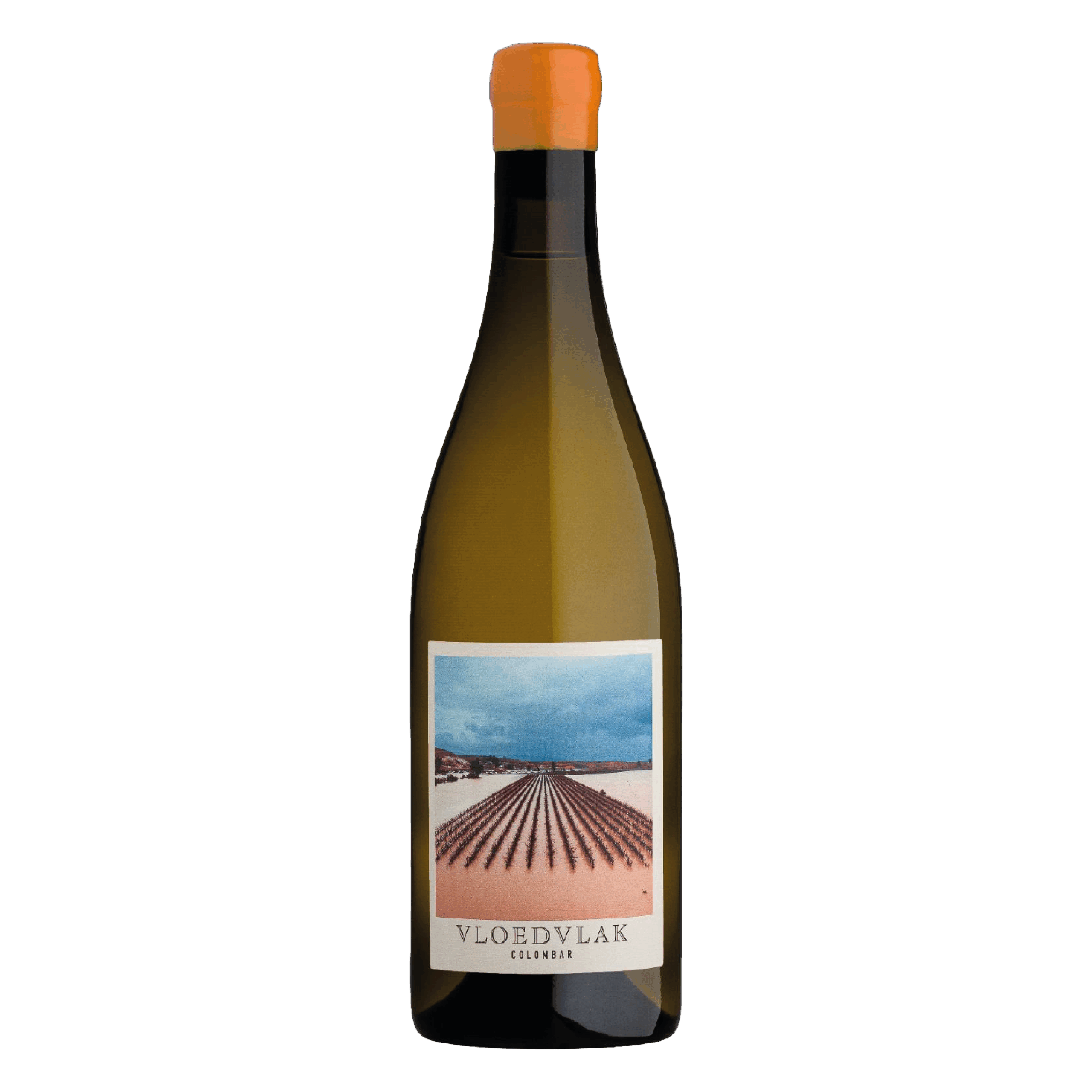Tim James: On boring wine writers and being priced out of the market
By Tim James, 22 July 2025

6
A vicious cold thwarted my plans of getting out at the crack of dawn on Monday to the Sadie new releses trade tasting in order to dutifully report back to you. So I’ve decided to continue in the responding mode that last week had me looking at a comment about what we can expect in the way of vineyard and famous label deaths. Here, observations related to a few marginally interconnected comments that have been niggling at me.
The first comment to a past article has, I fear, a real connection with yet another Sadie-centred column (the tasting report will come next week, if my cold permits my reverent attendance at Rotsvas on the weekend). Someone called Mark, after a gracefully delivered and gratefully received compliment, complained firstly that article with scores are “sooo boring” – well there won’t be any of that next week, but some sort of tasting notes, which are probably just as bad. But Mark went on to complain that “the swartland is now boring like stellenbosch” (his disrespectful avoidance of capitalisation, not mine). And he added: “telling us about the same winemaker over and over again gets a bit too much. Can we not hear something new?”


This is criticism that is only too justified. Generally, wine writers, when they’re not trotting out yet again one of their pet theories, are responding to wines (or invitations to estates) that they’ve been given, rather than to what a bit of reflection would suggest would be a more original and different set of experiences. We do this partly because we’re as lazy as everyone else and it’s easier. But also because it’s an expensive business getting down to Baardskeedersbos or visiting Sakkie Mouton up the West Coast (two of Mark’s suggestions) or buying a set of interesting-looking wines to explore. And we’re mostly under-resourced and earning unhandsomely (and readers are mostly pretty unwilling to pay, as the editor of this website would no doubt agree). Hence, too often we cover similar topics and report on the wines of those producers with the deepest pockets and/or greatest interest in stimulating media coverage.
Don’t think it’s just us local hacks that wait for invitations, it’s also the greatest and richest in our business. Jancis Robinson, for example, comes to South Africa when invited and brought as a guest – as well, of course, as attending the splendid tastings of Cape wine that are put on in London for important foreign journos and dealers. Foreign wine writers who are not well-resourced enough by prestigious pubications to be independent get a great deal of support from local producers and their organisations. Well and good, so they should. But perhaps so should we locals, now and then. (We do, we do – but generally and regularly by the same small handful of producers – which is why we write about them so often, in many cases, though we do also allow some room for genuine interest on our part.)
However, yes, we could do much more than we do in initiating visits and tastings. I do occasionally approach producers and suggest a visit or tasting and I don’t think I’ve been refused – or even not received with pleasure. I’m a bit too squeamish to often suggest that I’m sent wines, being uncertain of what I can deliver and it looks too much like asking for freebies. I do occasionally splash out, at retail, on interesting-looking lower-priced wines according to a vague theme, and report on them. I plan to do more of all of these things!
Money, therefore, is a real consideration when it comes to coverage. And it, as well as a producer who works hard and generously with local wine and wine-ish journalists, forms some sort of connection with my response to another commenter, Jos (a frequent, well-informed and valued visitor to the comment space on this website). When I wrote about the latest Leeu Passant releases, Jos commented that the Mullineux projects (Mullineux Wines and Leeu Passant) “unquestionably produce excellent wines”. But, she added, “they have priced themselves out of the local market”.
I wonder if it is not that, if only with their higher-end wines, they have priced themselves out of the market that would include Jos and me – let’s unscientifically call that the upper-middle market, as opposed to the upper market where Mullineux Schist Syrah and Leeu Passant Chardonnay sell. But there are also plenty of pretty serious wine-people that are being or have been priced out of the upper-middle market and must rest content with the pickings in the middle market. And so on, further down. Sadly, that’s the nature of markets (and producer desire for higher profits). We are still very fortunate here that there are in fact pretty good pickings to be had at all levels.
But we mustn’t doubt that the upper market exists. The Mulllineuxs and most other top-end producers aim to have a balance between local sales and exports – for business reasons apart from anything else. You only need to look at the wine auctions, which are catering very largely to local sellers and buyers, to see that there are clearly enough very rich wine-people around to constitute a market. It’s a tiny percentage of the population – but then these wines are a tiny percentage of what is produced.
The Mullineux projects are particularly “lucky”, I suppose, in that if they aim to have half their sales made locally, then a good percentage of those local sales are made in the Singh’s hospitality business (restaurants and hotels) in Franschhoek, catering above all to wealthy foreigners I’d guess – which is a kind of deferred export, perhaps, in that it’s foreign money. But, generally, the market for luxury goods around the world is doing just fine, as far as I can see.
- Tim James is one of South Africa’s leading wine commentators, contributing to various local and international wine publications. His book Wines of South Africa – Tradition and Revolution appeared in 2013.







GillesP | 22 July 2025
Without wanting to bring too much opinion on the people feeling out price of the market for higher hand wines or not, I would like to bring that perspective against luxury cars. If we realistically think of how many cars on the road of the Cape Town area are worth well over 1M Rand I am rather astonished given this is an asset that depreciate fast as opposed to collectors wines. It seems to me that the population is more about showing off what they drive than what they drink. Simple as that.
Guy Cunliffe | 22 July 2025
Well I suppose that’s preferable to people showing off what they drink, and then driving, GillesP!
Seemingly a lot of column inches (is that the right metric for a website? Column mega-bytes?) have here been given in recent times to the relationship between the producers and the writers. To these untrained eyes it seems perfectly reasonable to focus one’s limited time and resources focusing predominantly on those producers whom one has worked to establish a good relationship with over a long period of time. But something different from time to time also helps to keep things fresh and interesting.
Looking forward to more happy reading, and sampling, hereafter.
GillesP | 23 July 2025
Hello Guy. I would like to clarify and rephrase my last sentence which was incorrectly put on my side. I was meaning that clearly many prefers to drive and spend well over R1M on cars than spending perhaps R300 and above on good bottle of wines. Surely some do both but it seems ro me there is a clear preference for the expansive cars while the expansive wines in proportion remain far more reachable from time to time if we look at overall spending power.
Greg Sherwood MW | 26 July 2025
Subscribe to Vinous or Parker’s Wine Advocate and you’ll see their many well paid writers ALSO write continuously about a small handful of top big name producers. I like to think of it as trickle down journalism. We can’t all afford the wines but it’s interesting to read about current releases. I however draw a thin line at all the Bordeaux and Burgundy verticals at the chateaux with reconditioned bottles. Really… who is this relevant to? None of us will probably ever get to taste Lafite 1929 or Latour 45 or Cheval Blanc 47. Personally, I’d rather read about another Tim James visit to Sadie! 😉
CK | 26 July 2025
Perhaps not strictly related to this topic but I am always frustrated at 90%+ of wine writers being focused on new releases, especially with the best SA Syrahs and Chenins really needing some time in bottle. There is the odd vertical tasting and those I always find very interesting.
Personally I would like to see sole tastings of more mid-tier/smaller producer wines, 7-15 years old. Realistically these are wines that are accessible to buyers who can cellar or buy on resale for much more reasonable prices.
Greg Sherwood MW | 26 July 2025
Small to mid tier sized producers is fairly niche. Few people actually age those wines past 24 hours let alone 7-15 years!
But I recently rated Fledge & Co Klipspringer Chenin 2015 a solid 96/100 (and Jancis was 17.5/20) at the New Wave Wines 10 years on Tasting. The fruit was from Nuwedam, Alheits Swartland farm and only saw stainless steel and lees ageing. That was certainly a cheap wine at the time! But who has any? No one?